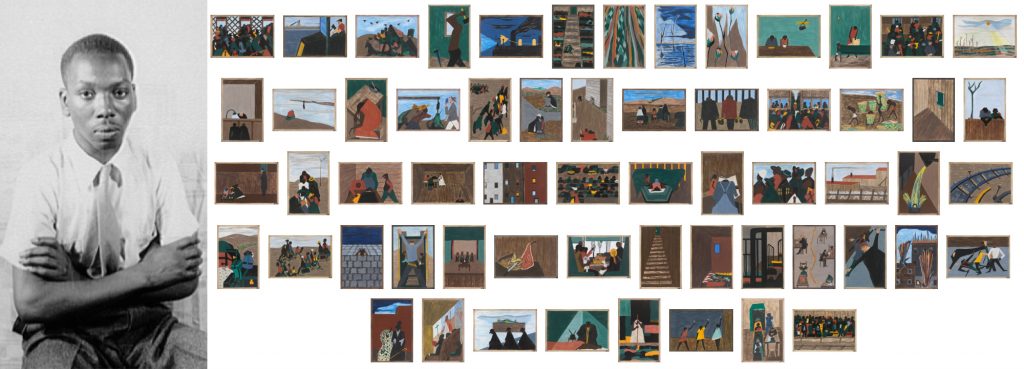Hey everyone! This month we have another holiday to add to my series of holiday blogs. As a newly recognized federal holiday, Juneteenth is just around the corner so let’s get some historical context laid out.
Juneteenth commemorates the emancipation of enslaved African Americans on June 19, 1865. On this day, Union troops entered Galveston Bay, Texas announcing that by executive decree that the enslaved people were now free. The holiday was originally celebrated as a state holiday sprinkled throughout the United States, but as of 2021 has become a fully recognized federal holiday. However, the subsequent event of their declared freedom needs to be discussed.
By 1896, thirty-one years after African Americans were given freedom, Jim Crow laws were officially enacted. Segregation was strongly enforced, and even though African Americans were promised freedom, the facilities that they were given were still below the facilities given to white Americans. More drastically, lynching was still very much a common occurrence, only growing in prevalence by the early 20th Century. However, by this time communities, educational institute, and businesses among African Americans began to emerge. Despite the attacks on black educational institutions, black Americans began were able to expand their knowledge and establish themselves in their communities, resulting mass migration into the cities where Jim Crow laws were less rigid. They were still separated from white Americans and their living accommodations were cramped and ill equipped to handle the influx of people and a new way of life began to develop.

The Migration Series by Jacob Lawrence, a child of the time, best describes how life for African American families were during the move from Southern to Northern States. His series of 60 panels of simplified figures and forms illustrate the day to day lives and treatment of people involved in this movement with the titles describing the scenes and telling a sequential story of events. This migration also led to the Harlem Renaissance beginning in the 1920’s around this time. It not only led to strides in visual arts by African Americans, but musical innovations as well. Jazz and ragtime were exploding, musical artists like Louis Armstrong and Duke Ellington began to rise in popularity and in 1927 Josephine Baker became the first black woman to star in a major motion film.

Although the beginnings of Juneteenth and the hardships faced by freed, modern, and contemporary African Americans has been rocky, Juneteenth is important not only to the civil liberties of the U.S. but also to the culture shaped by them, a Renaissance that is uniquely American, but also uniquely black. For Juneteenth this year, check out some of the prominent African American figures throughout history, you never know what you’ll find!




